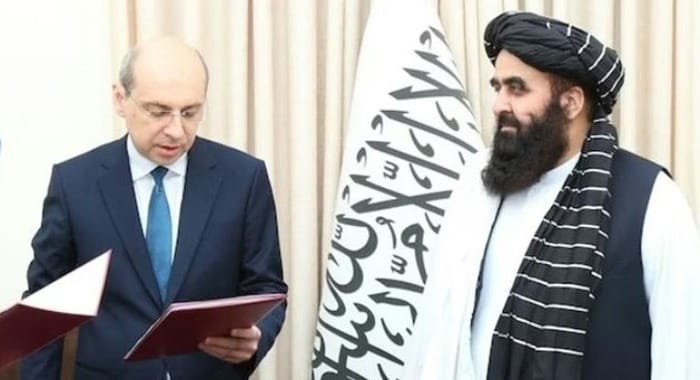Russia’s official recognition of the Taliban regime marks a historic turning point in Afghanistan’s diplomatic trajectory. As the first major global power to formally legitimize the Islamic Emirate, Moscow has broken ranks with the Western consensus and signaled a bold recalibration of power politics in the region.
This move raises urgent questions:
Will other countries follow suit?
Can the Taliban evolve into a responsible governing body?
Will Afghanistan finally rid itself of transnational militant groups?
Diplomatic sources suggest that China, Iran, and several Central Asian republics—already engaging informally with the Taliban—may now be weighing formal recognition. If that happens, the international isolation that has defined Afghanistan since 2021 could rapidly unravel.
However, recognition alone does not guarantee stability. The Taliban must confront deep internal challenges: economic collapse, humanitarian crises, and the presence of extremist factions like ISIS-K and Al-Qaeda. The international community, while divided, continues to demand reforms—especially in human rights, women’s education, and political inclusivity.
Whether the Taliban will reform and engage with the world on responsible terms remains uncertain. Russia’s move may open doors, but it also places the burden of statehood squarely on the Taliban’s shoulders.
What comes next could determine the future of Afghanistan—and the stability of the entire region.





